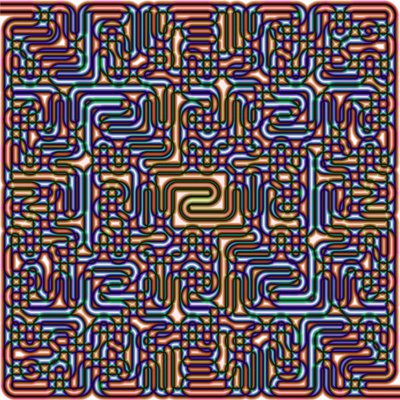Synchronicity

Synchronicity is a word coined by the Swiss psychologist Carl Jung to describe the "temporally coincident occurrences of acausal events." Jung spoke of synchronicity as an "acausal connecting principle" (i.e. a pattern of connection that cannot be explained by direct causality).
Plainly put, it is the experience of having two (or more) things happen coincidentally in a manner that is meaningful to the person or persons experiencing them, where that meaning suggests an underlying pattern.
It differs from coincidence in that synchronicity implies not just a happenstance, but an underlying pattern or dynamic that is being expressed through meaningful relationships or events. It was a principle that Jung felt encompassed his concepts of archetypes and the collective unconscious [1], in that it was descriptive of a governing dynamic that underlay the whole of human experience and history — social, emotional, psychological, and spiritual. Jung believed that many experiences perceived as coincidence were due not merely to chance, but instead, suggested the manifestation of parallel events or circumstances reflecting this governing dynamic. [2]
One of Jung's favourite quotes on Synchronicity was from Through the Looking-Glass by Lewis Carroll, where the White Queen says to Alice: "It's a poor sort of memory that only works backwards". [3]

0 Comments:
Post a Comment
<< Home